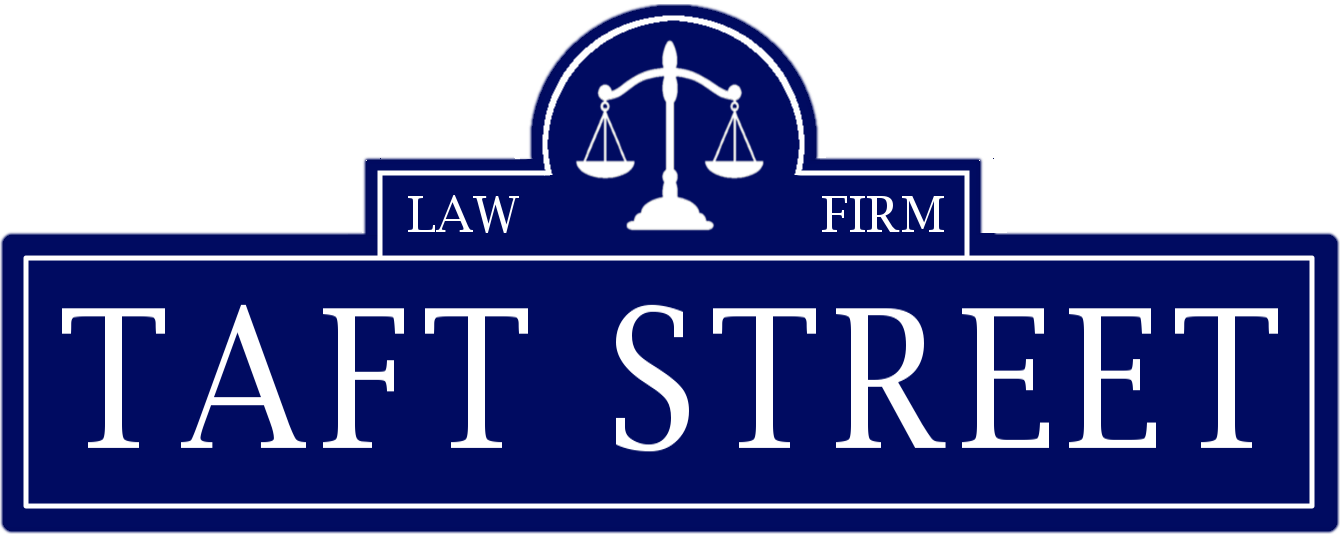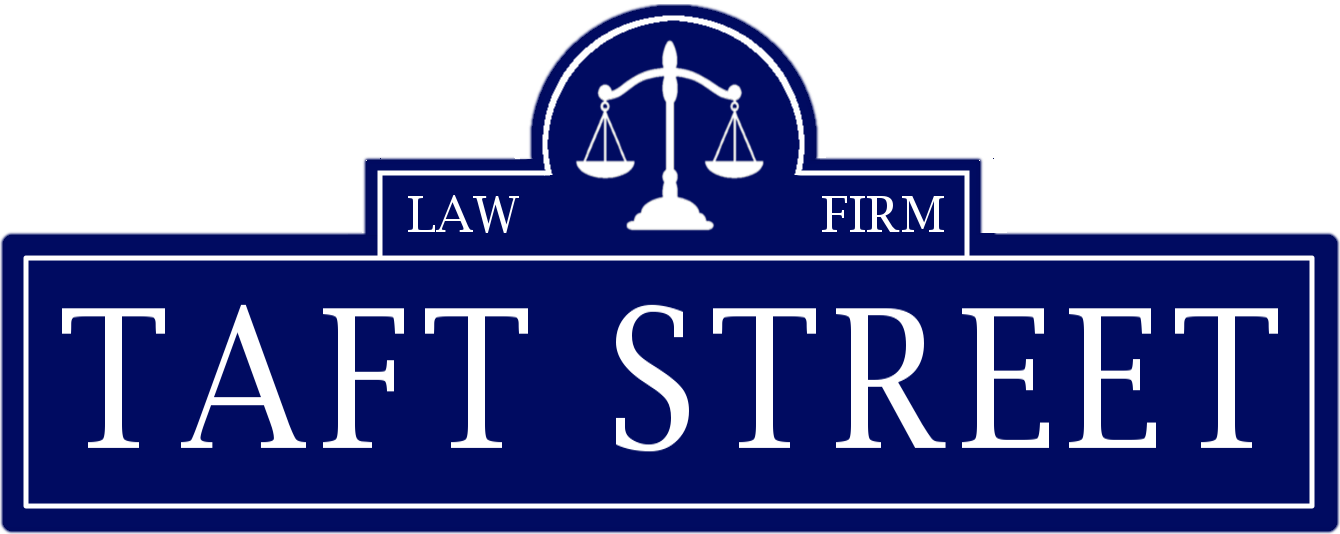Trademarks

Enter your text here
Enter your text here
Can I Trademark That?
Florida Business Advice Attorneys
Florida Business Formation Attorneys
Areas Served in Florida
Enter your text here
Enter your text here
Subscribe to receive our newsletter!
The USPTO defines a trademark as a word, phrase, symbol, or design, or combination thereof, that identifies and distinguished the source of the goods of one party from those of others. A company’s logo, for instance, can be trademarked and no other company can use that logo to sell their goods or services. Also, a company can trademark a slogan, and no other company can use that slogan in conjunction with their goods and services.
Trademarks, Copyrights, and Patents
A trademark is different from a copyright or a patent. Copyrights protect original artistic and literary works. Patents protect inventions. Trademarks and copyrights are not required to be registered for protection, whereas patents must be registered. Although there are common law trademark protections, the best way to protect a mark is by getting it registered federally.
What can be trademarked?
A slogan or logo can be registered if (1) there is no likelihood of confusion and (2) it is distinctive.
Likelihood of Confusion
If your proposed trademark looks or sounds similar to another company’s trademark, it is likely to cause confusion. However, if your goods or services are in a completely different field than the other company’s goods and services, you might still be able to register your trademark. Even the same mark.
Distinctiveness
Trademarks are either fanciful, arbitrary, suggestive, descriptive, or generic. Fanciful marks are usually made up terms that have no meaning outside the use for your company. Arbitrary marks use a word or image that has nothing to do with the product. Suggestive marks suggest what the goods or services might be, but do not describe them. Descriptive marks do indeed describe the goods and Generic marks are the common every day word for the product. Descriptive and Generic marks generally cannot be protected.
Example: Q-Tip® is a fanciful mark whereas “cotton swab” is the generic term used. The owner of the trademark Q-Tip® goes through great lengths to protect their trademark from becoming generic.
For more information on getting your trademark registered
call us at (833) TAFT-LAW.
*This article was originally published in the June 2018 Issue of Word On The Street

"The right to adopt and use a symbol or a device to distinguish the goods or property made or sold by the person whose mark it is, to the exclusion of use by all other persons, has been long recognized by the common law and the chancery courts of England and of this country and by the statutes of some of the states."
- Justice Samuel F. Miller
Trademark Cases (1879)




